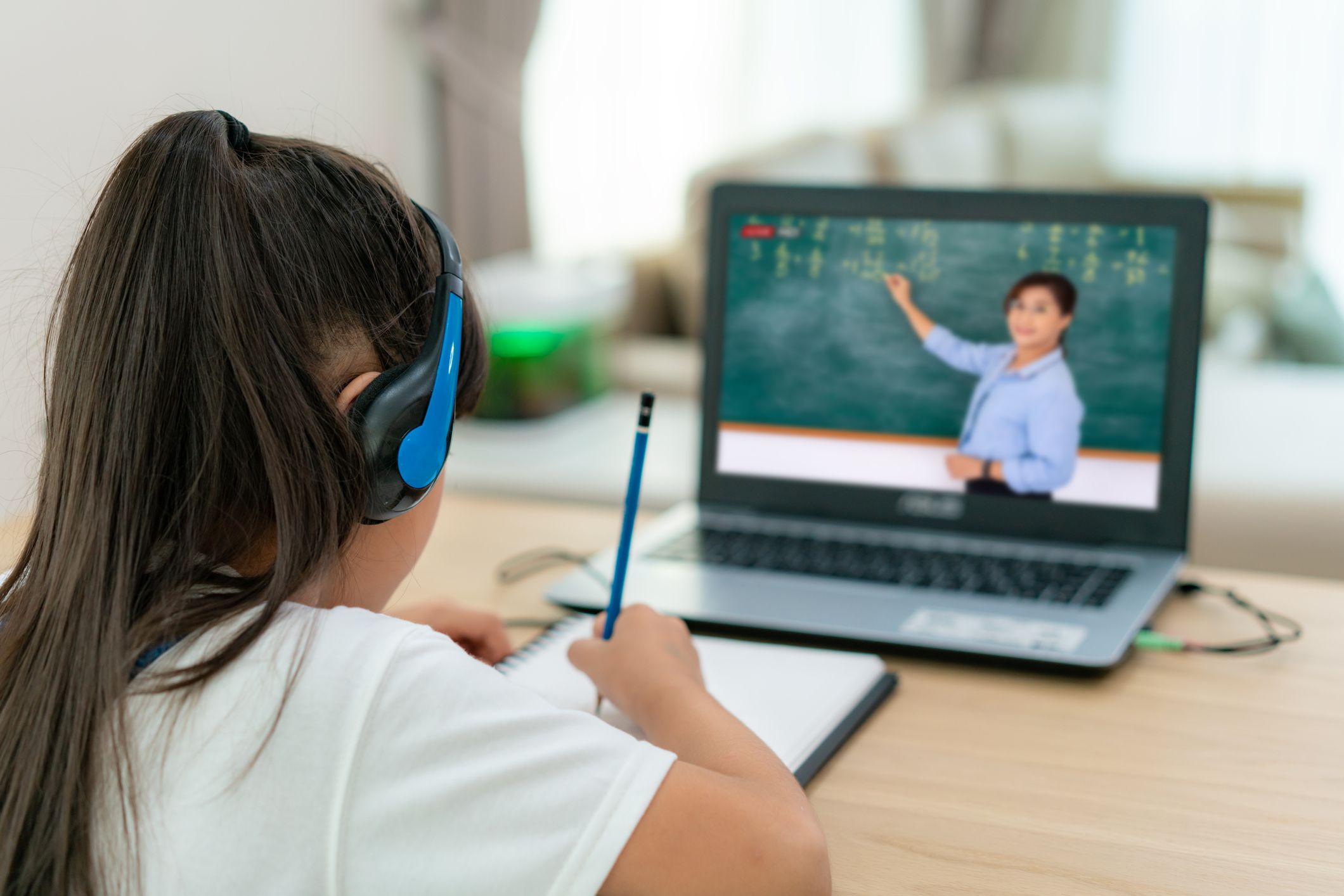
A well-respected, tenured professor was requested, as guest speaker, to lecture to a college-level class in the Department of Microbiology. When he stood at the front of the classroom podium, he noticed that the majority of students had their laptops open. As he was lecturing, he could hear clicking noises from the keyboards and saw students' eyes fixated on their laptop screens. There were times when he would notice facial expressions of the students, including grins or frowns - expressions that seemed to be unrelated to what he was saying. About thirty minutes into his talk, the tenured professor felt overwhelmingly disconnected from his students. He suddenly asked “Is anyone paying attention?”
Ten years ago when classrooms were not populated with laptops, note-taking by paper and pen was part and parcel to the academic learning experience. With technology slowly advancing, note-taking in classrooms by paper and pen has now evolved to digital media. While laptops, tablets, and even smart phones all have great capabilities as classroom learning tools, they are not without their drawbacks. The case against laptops has been brought to prominence by academics who question whether or not in-class laptops aid or hinder learning. Should instructors adopt a no-laptop policy in classrooms?
This issue has caused an exploration of the pros and cons of laptop use in college classrooms:
Pros of laptop uses:
• Note-taking that is efficient, convenient, and easily read
• Recording of class lectures that can be played back repetitively
• Learning interactively via social media in real time
• Posting of class lecture notes during class, allowing students to concentrate on content
• Creating threaded discussions for students to interact with other students and instructors
• Engaging with online sources related to the course material and homework
Cons of laptop uses:
• Engaging students in a host of activities unrelated to the lecture
• Distracting students sitting near someone else using a laptop
• Distracting students and professors by clicking sounds of keyboards
• Giving professors a sense that students are not paying attention
Research performed by Carrie B. Fried at Winona State University Department of Psychology studied “In-class laptop use and its effects on student learning.” She states that “While some research demonstrates that laptops can be an important learning tool, anecdotal evidence suggests more faculty are banning laptops from their classrooms because of the perception that they distract students and detract from learning.” Her research examines the nature of laptop uses in classrooms and how that use is related to students' learning. She conducted the experiment in a conventional manner. Students were told at the beginning of the course that they could bring the laptops to class to take notes if they wanted to, but they would never need their laptops. Approximately 70% of class time was devoted to lectures; 25% of class time involved videos, in-class demonstrations, and discussions.
Five minutes before the end of class, the instructors had the students complete a weekly survey of attendance, laptop use, and aspects of classroom environment. Student learning was then measured by performance on objective exams and completion of homework assignments; exams were designed to measure students' understanding of concepts and ability to apply those concepts.
Fried found that students who used their laptops in class were negatively correlated to several measures of learning, suggesting that laptop use interfered with the students' abilities to pay attention and understand lecture material, which in turn resulted in lower test scores. The lower test results may be related to students spending considerable time during lectures using their laptops for things other than taking notes.
In contrast to Fried’s study, Timothy Burke from Swarthmore College says he has seen benefits from laptop use in discussions and lectures. Burke argues that it is the teacher's responsibility to prevent students from becoming bored and thus distracted: "Equipped with nothing but pen and paper, students have doodled, snuck in magazines, drowsed, written letters, daydreamed behind sunglasses and spent time surveilling other students in preference to watching the professor.” For some students, focusing on a lecture or even on a class discussion is not exactly fascinating. Can we blame the students for not paying attention?
How can instructors create a more dynamic interactive learning environment?
What are your thoughts on this subject?
References:
Fried CB. (2008). In-class laptop use and its effects on student learning. Computers and Education 50:906-914.
Burke, Tim. (2009). The laptop in the classroom. Swarthmore College. May 06, 2009. Web.